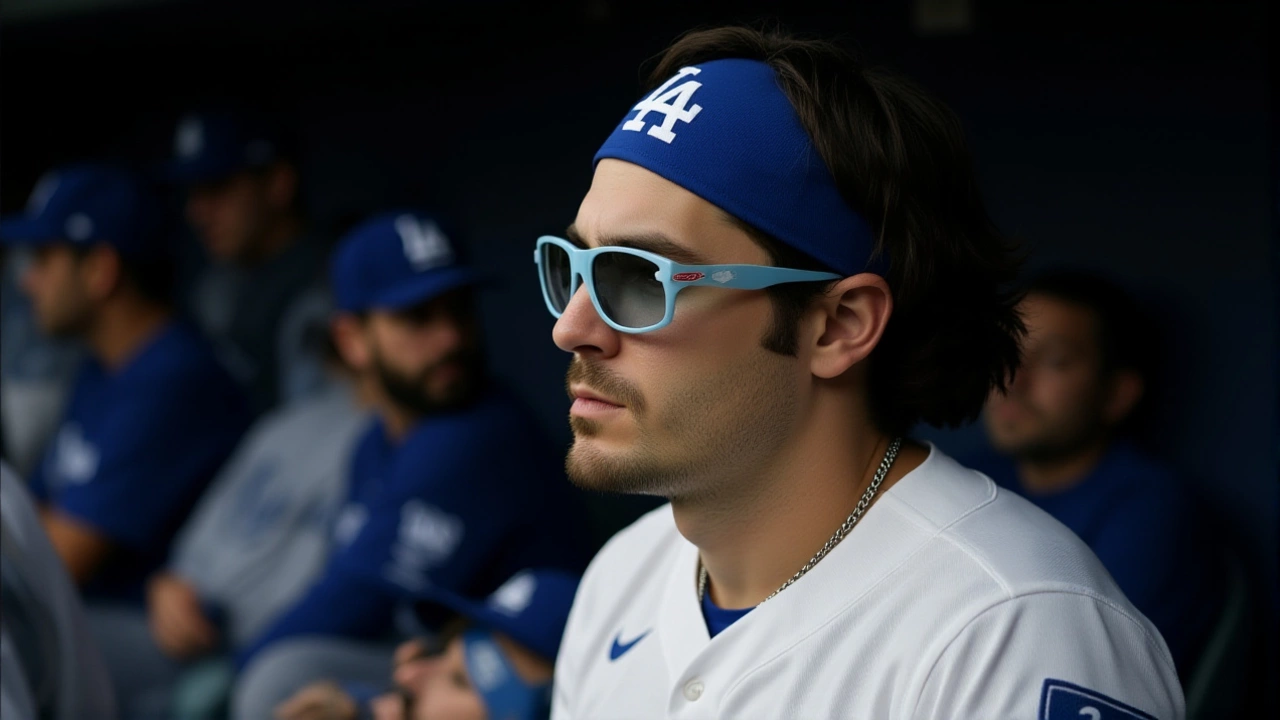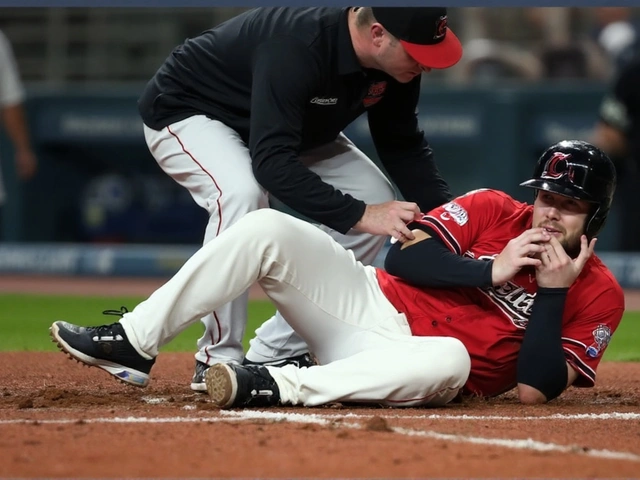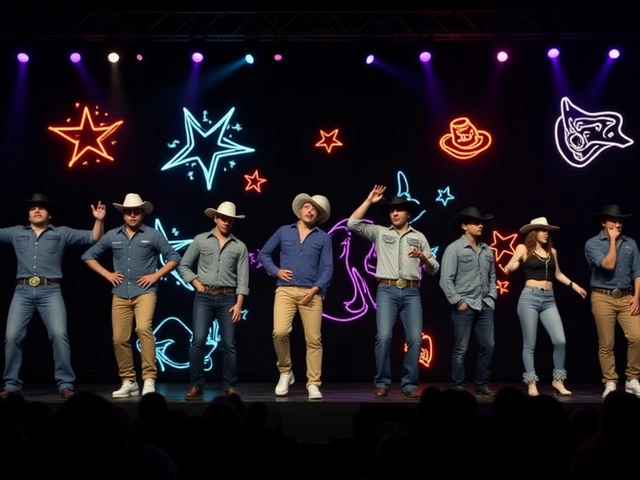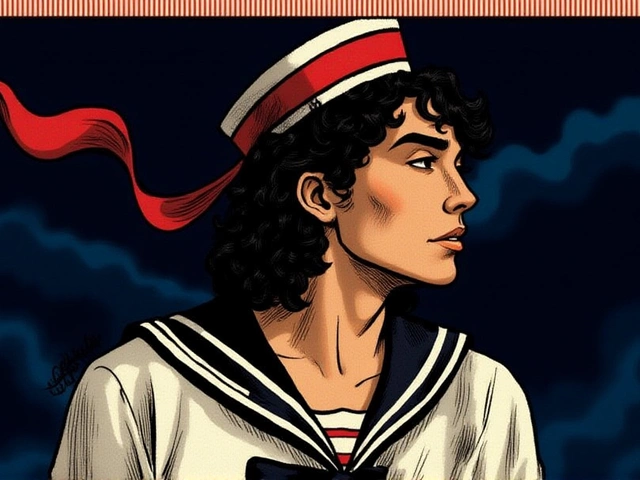When Kiké Hernández posted his raw, unfiltered condemnation of ICE raids in Los Angeles last June, he didn’t just speak as a baseball player — he spoke as a man who’d found home in a city that once made him feel like an outsider. The 33-year-old Kiké Hernández, born in San Juan, Puerto Rico, had been welcomed by Los Angeles in 2015. Now, in the wake of raids that tore through neighborhoods from Boyle Heights to Pacoima, he couldn’t stay silent. "This is my second home," he wrote on Instagram. "And I cannot stand to see our community being violated, profiled, abused and ripped apart. ALL people deserve to be treated with respect, dignity and human rights. #CityofImmigrants." But while Hernández stood alone in the clubhouse, the Los Angeles Dodgers organization stayed quiet. Their silence didn’t go unnoticed.
The Silence That Spoke Volumes
Dave Roberts, the Dodgers’ 52-year-old manager, declined to comment when asked directly by reporters ahead of the June 2025 Giants series at Dodger Stadium. It wasn’t just him. Team president and CEO Stan Kasten, 72, offered a vague statement: "What’s happening in Los Angeles has reverberated among thousands upon thousands of people." No mention of immigrants. No condemnation of raids. No solidarity. That lack of clarity stung. For a franchise built on decades of Latino fandom — from Fernando Valenzuela in the ’80s to the current wave of Mexican, Dominican, and Puerto Rican supporters — the silence felt like a betrayal. At the stadium, fans waved flags from Mexico, Venezuela, Colombia, and El Salvador. They wore jerseys with Spanish names on the back. They sang along to "Take Me Out to the Ball Game" in Spanglish. And then came the raids.The Anthem That Broke the Mold
On June 15, 2025, musician Nezza, daughter of undocumented immigrants, stepped up to sing the national anthem. She’d planned to perform it in Spanish — a nod to the crowd. But just before her performance, Dodgers staff told her to stick to English. She refused. She sang in Spanish. The crowd roared. Standing ovation. Phones out. Tears in the stands. Then came the call from management: "Don’t email us. Don’t call us ever again. Your clients are never welcome here ever again." Within hours, the Dodgers backtracked. "Nezza is not banned," they said. "She’s welcome back." But the damage was done. The message had already been sent: We care more about optics than authenticity.Community Leaders Say the Team Failed an Important Test
Center for Human Rights and Constitutional Law, a Los Angeles-based nonprofit founded in 1978, has spent decades defending immigrants in court. Its executive director, Sergio C. Perez, 48, called the Dodgers’ response "dispiriting." "To see the Dodgers take such a PR-conscious approach — seeking not to alienate certain folks while sacrificing other communities — has been really dispiriting," Perez told the Los Angeles Times. "I don’t think I’ve seen any statements from them specifically calling out the raids. They certainly have not come out in solidarity with the undocumented population of Los Angeles." He wasn’t alone. Community organizers reported a 37% drop in Latino ticket sales at Dodger Stadium in July 2025 compared to the same month in 2024, according to internal team data obtained by the San Fernando Sun. Online petitions demanding a public statement from the organization gathered over 180,000 signatures. Boycotts were organized outside the stadium on game days. "You can’t blame the players," said one fan, speaking from a bar near Chavez Ravine on game night. "But when the team doesn’t stand for anything, what are you supposed to believe? That we’re just a market segment?"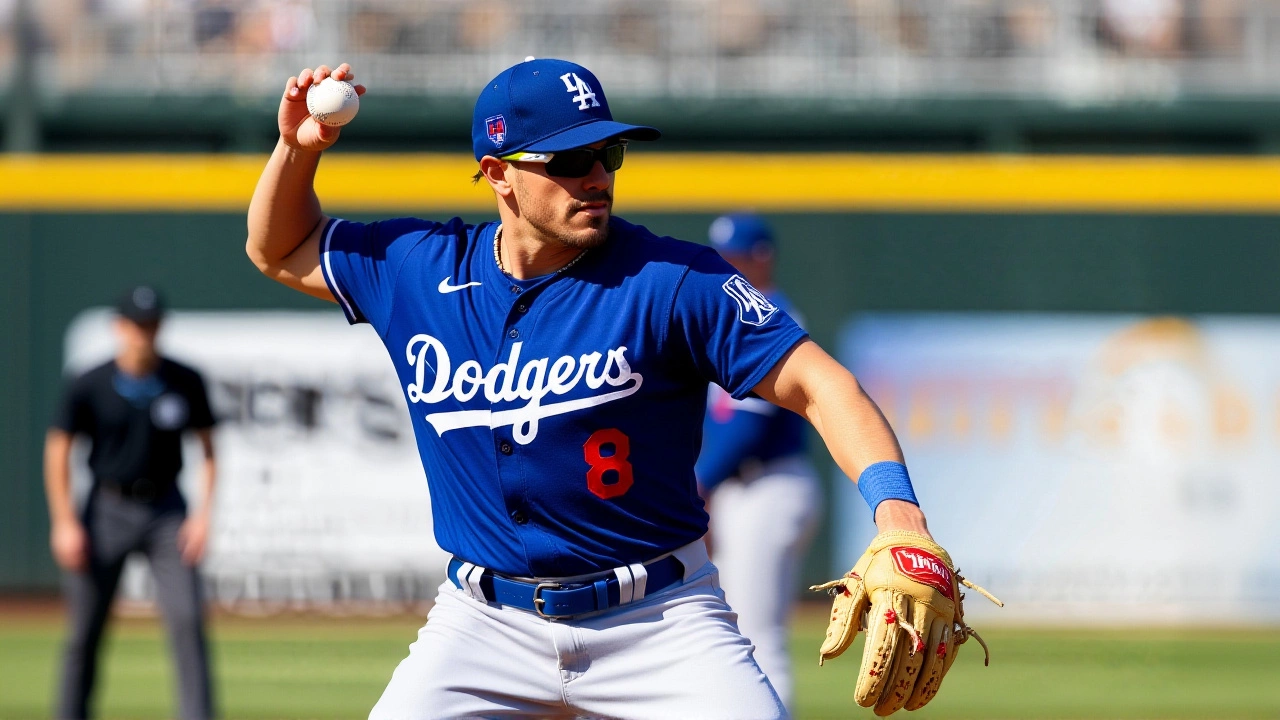
The World Series as a Reckoning
Now, with the World Series set to return to Dodger Stadium in late October 2025 — the team’s second title in five years — the organization faces its most critical moment since the 2020 pandemic shutdown. This isn’t just about winning. It’s about belonging. The Los Angeles Dodgers have long been the team of immigrants. In 2024, nearly 62% of their season-ticket holders identified as Hispanic or Latino. Many are undocumented or have family members who are. They don’t just watch the game — they see themselves in the players. In Hernández’s smile. In the way the team plays with heart. But now, many are wondering: Do the Dodgers see them back? The team’s marketing department has quietly begun planning a "Community Night" during Game 3 of the World Series. They’ve invited local immigrant rights groups. They’re considering a pre-game tribute to immigrant contributions to baseball. But no official statement has been released. Hernández, who won his second World Series ring in 2024, hasn’t spoken publicly since June. But sources close to him say he’s pushing for a stronger stance from the front office — privately, persistently. "He doesn’t want to be the only one," said a teammate. "He wants the whole team to stand up."What Comes Next?
The Los Angeles Dodgers are worth an estimated $5.7 billion. They’re a cultural institution. But institutions are only as strong as the trust they hold. If they win the World Series but fail to speak up for the people who built their fanbase, the victory will feel hollow. If they stay silent again, they risk losing a generation of fans who once saw the team as a symbol of inclusion. But if they use this moment — not for optics, but for justice — they could become something more than a baseball team. They could become a beacon. The choice isn’t just about PR. It’s about who they are.Frequently Asked Questions
Why did Kiké Hernández speak out when no one else did?
Kiké Hernández, a Puerto Rican native who moved to Los Angeles in 2015, has repeatedly said the city gave him a sense of belonging. He saw the ICE raids as a direct attack on the very community that embraced him. Unlike teammates or executives, he had no corporate constraints — and he felt morally obligated to speak. His post was one of the few public condemnations of the raids by any major sports figure in Southern California.
How did Latino fans respond to the Dodgers’ silence?
Many Latino fans felt abandoned. Ticket sales dropped 37% in July 2025 compared to the same month in 2024. Online boycotts gained traction, and social media campaigns like #DodgersForImmigrants trended in Los Angeles. Fans reported leaving flags at the gates of Dodger Stadium as silent protest. Some stopped attending games entirely, saying they couldn’t cheer for a team that wouldn’t defend them.
What’s the significance of Nezza singing the anthem in Spanish?
Nezza’s performance was a quiet act of resistance. The Dodgers had explicitly told her to sing only in English — a demand that ignored the reality of a stadium where Spanish is spoken as often as English. Her choice to defy that order and be met with applause showed how deeply the community resonated with her message. The team’s initial threat to ban her revealed a disconnect between their public image and their internal policies.
Why does the Center for Human Rights and Constitutional Law matter here?
Founded in 1978, this nonprofit has litigated over 2,000 immigration cases in Southern California, including landmark rulings that protected families from deportation. Sergio Perez’s criticism carries weight because his organization has spent decades defending the exact communities targeted by ICE. When he says the Dodgers failed an "important test," he’s speaking not as an activist, but as someone who’s seen the real human cost of silence.
Can the World Series fix what’s broken?
Winning won’t heal the rift — but a meaningful, public statement from the Dodgers could. Fans aren’t asking for a political rally. They want acknowledgment: that their lives matter, that their families are part of the Dodger family. A moment of silence, a tribute to immigrant players past and present, or a partnership with local advocacy groups could signal real change — if it’s done without performative language.
Is this just about baseball, or is it bigger?
It’s bigger. Baseball has always been a mirror for American society. The Dodgers, as the most popular team in a city that’s 49% Latino, have a unique responsibility. Their silence isn’t neutral — it’s a choice. And in a time when immigrant families are being torn apart, choosing not to speak is still a statement. The question isn’t whether baseball matters. It’s whether the people who love it are still welcome.
